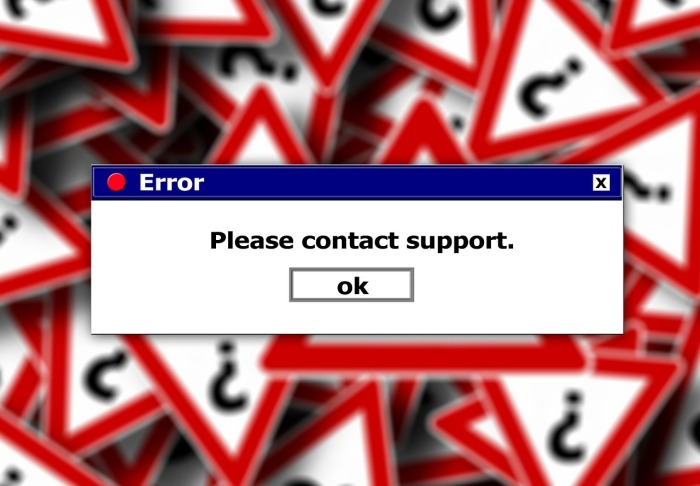 In a previous blog we touched on “care” and how it plays out in a urban setting.
In a previous blog we touched on “care” and how it plays out in a urban setting.
More important, is the idea behind this speculation. And that idea is how people choose to segregate with each other to function as individuals and “divided” rather than collectively and “united.”
As a consequence, enabling a society where people choose not to reach out for support, because the needy is someone “other” and not their own self.
This can lead to two issues. First, by utilising the approach or attitude of prioritising own self over the other, we tend acknowledge other human beings as distinct and separate. Hence, the situation, however dire and void of civil rights, comes across as “their” issue. Apparently, most of our everyday choices are driven by ideas of “other” and “their”.
Example: A homeless man froze to death, by the door of a building in town. Who was that? “Someone”. Definitely not my acquaintances. But “someone”.
OR – Deprived Children of New Zealand. Who are we talking about? “They” are children who go to bed hungry on a regular basis. Whose children? “Their” children – if we can identify the parent / guardian.
The second issue arising from ‘selfish’ / segregated attitude, entails a bit of politics, mostly relating to “mass control.” Here are a couple of famous quotes to show the effects of functioning primarily as individuals in our societies. “United we Stand, Divided we Fall.” “Divide and Rule.”
The first saying is quite explicit. It gives us the ideas on our two states (standing / falling ) regarding our choice of action (uniting / dividing ). In this case, it is argued that unity lies in subordinating the individuality thought and prioritising the issues of our societies in a collective sense.
For instance, tackling inequality, impoverishment, deprivation through interacting with fellow people in the neighbourhood and working up plans, endeavouring to work strategies to combat these issues – solely because of the interest in the place / society we have our homes in and because that “other” happens to be a person of dignity / deserving, equal as every single person on this planet.
Also, pick up any history textbook or source – a legitimate one though; because these days facts are being altered to suit political agendas. Changes for a different present and future require people to function collectively.
I remember about the masses of Russia suffering from hunger and a deadly war in 1917. Hence, they marched on demanding their civil rights, standing side by side agaisnt their ruler and his mighty army. That is a picture of working and functioning together, determined to change their society toward soemthing more positive.
Another imagery is from the Martin Luther King period, when civil rights movement gained momentum against racial discrimination. This was something different to the past when people would find it rational and lawful to drink from different taps or have seats allocated according to their race inside a bus.
Then, there was this war to end slavery in USA. In each of these instances, people had come together to bring about changes they wished to see around their homes, in their localities. Going back to the first quote, for societies to stand, void of contemporary issues, unity serves to be the key. That is, joining hands with your neighbours can well make a difference.
The second quote, “Divide and Rule,” was a useful tool during the colonial period, for the colonisers to govern the “other,” native groups. And it still is, today; for our governors to dictate which child will sleep on an empty stomach and who shall be deprived of what.
Arguably, ruling this particular way is driven by the existence of fierce competition in the population. Whether it may be for a job, housing, or education, people rigourously compete. The end result is that people are allocated resources unequally.
The most basic needs of some human beings are not met, sufficiently. Hence, deprivation follows. And with it, devastating consequences relating to socio economic issues.
Interestingly, our contemporary market and institutes have developed to allow for such practices where inequality is inevitable.
Child labour has become a crucial part of our economy and is not addressed adequately, hence I call it “justified.” Similarly, sweatshops and the people committing suicide from their daily living conditions are justified and fully in operation – legally too. Hunger is another platter which is justified.
The general idea is that we cherish what we acquire, often labelling it as “deserved” but we seldom raise our concern for the not so deserving. Because our governing systems have evolved us, made a social norm, to solely signify our own selves.
“My car, My asset, My house, My shares, My Bank account, My salary, My dinner.”
These are our everyday phenomena which we just cannot step out of. “My society’s wellbeing, My street children’s dinner,” these just sound terribly insane. But its not. It is politically, though.
Now, such instances refer to people being divided. Practically, we stand divided. And we still tend to make contributions in our localities, through our taxes. The accounts remain unclear. So does the use and distribution of resources. That is how we are ruled. Divide and Rule….